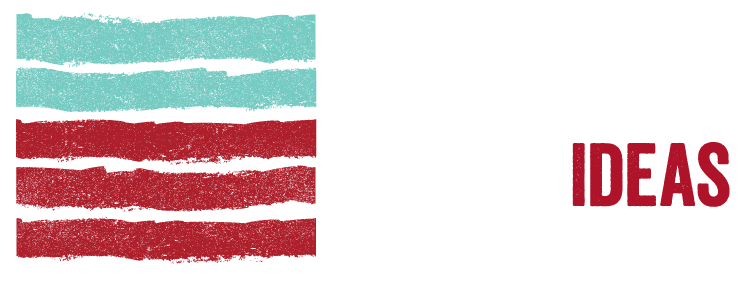FAQs
Below are answers to commonly asked questions about the American Dream Ideas Challenge. If you can not find the information you are looking for, please email americandream@utah.edu.
The American Dream Ideas Challenge, run by the University of Utah, is a statewide call for innovative policy ideas or investable concepts that will increase net income for 10,000 middle-class households in Utah by 10 percent by 2020. Utah’s participation in the alliance is made possible through an initial gift of $1.5 million from Schmidt Futures to the University of Utah.
The Alliance believes the best ideas will come from people working together using an interdisciplinary approach grounded in facts, data science, and diverse perspectives to raise income or decrease costs for middle-income families. We are particularly interested in innovative solutions in the areas of health care, workforce development/education, transportation, and housing.
The University of Utah welcomes applications from individuals, organizations, and entities that serve communities throughout the state of Utah. The university is looking for ideas from community members, governments, nonprofits, business and thought leaders, as well as faculty, staff, and students from universities and colleges across the state in order to engage a broad range of perspectives. Organizations must be based in the U.S. or its territories and must serve communities in Utah.
Over the past 50 years, jobs that once provided benefits and a living wage, with some discretionary income leftover, have dwindled. Pew Research Center found the American middle class lost ground in 203 of 229 U.S. metropolitan areas between 2000 and 2014. Many workers once considered middle class — teachers, police officers, fire fighters, correctional officers, social workers, nurses, etc. — struggle to make ends meet given the costs of housing, transportation, health care, and food. Supporting their families often requires working two jobs.
The Alliance for the American Dream is based on the concept that a healthier and larger middle class reduces income disparity and provides enhanced opportunity and economic mobility. Its goal is to increase shared prosperity and American competitiveness by generating and investing in ideas that strengthen the middle class by giving more Americans the skills and opportunities they need to improve their lives.
Pew Research defines the middle class as consisting of adults with an annual household income that is two-thirds to double the national median, after adjusting income for household size. In 2014, it described that range as $24,000 to $72,000 for an individual and $54,000 to $161,000 for a family of five. Other scholars and economists note there are a range of ways to define the middle class.
Schmidt Futures launched The Alliance for the American Dream in April 2018 to seed ideas that have potential to support and grow America’s middle class. The alliance consists of four public universities that are soliciting and developing policy and technology ideas in their respective states to ensure a vibrant middle class. The other universities selected to participate are The Ohio State University, Arizona State University, and the University of Wisconsin-Madison.
Schmidt Futures is a venture facility dedicated to advancing society through technology, breakthroughs in scientific knowledge, and promoting prosperity. It does this through gifts, grants, investments, and start-up activities for charitable, educational, and commercial efforts with a public purpose.
Eric Schmidt founded Schmidt Futures. Schmidt is a technical advisor to Alphabet Inc., a member of its board of directors, and its former executive chairman. Alphabet Inc. is the parent company of Google.
Eric Schmidt served as the chief executive officer of Novell, based in Provo, Utah, from 1997 to 2001. He started his career in technology as a software engineer, working at such firms at Bell Labs, Xerox’s Palo Alto Research Center, and Sun Microsystems.
